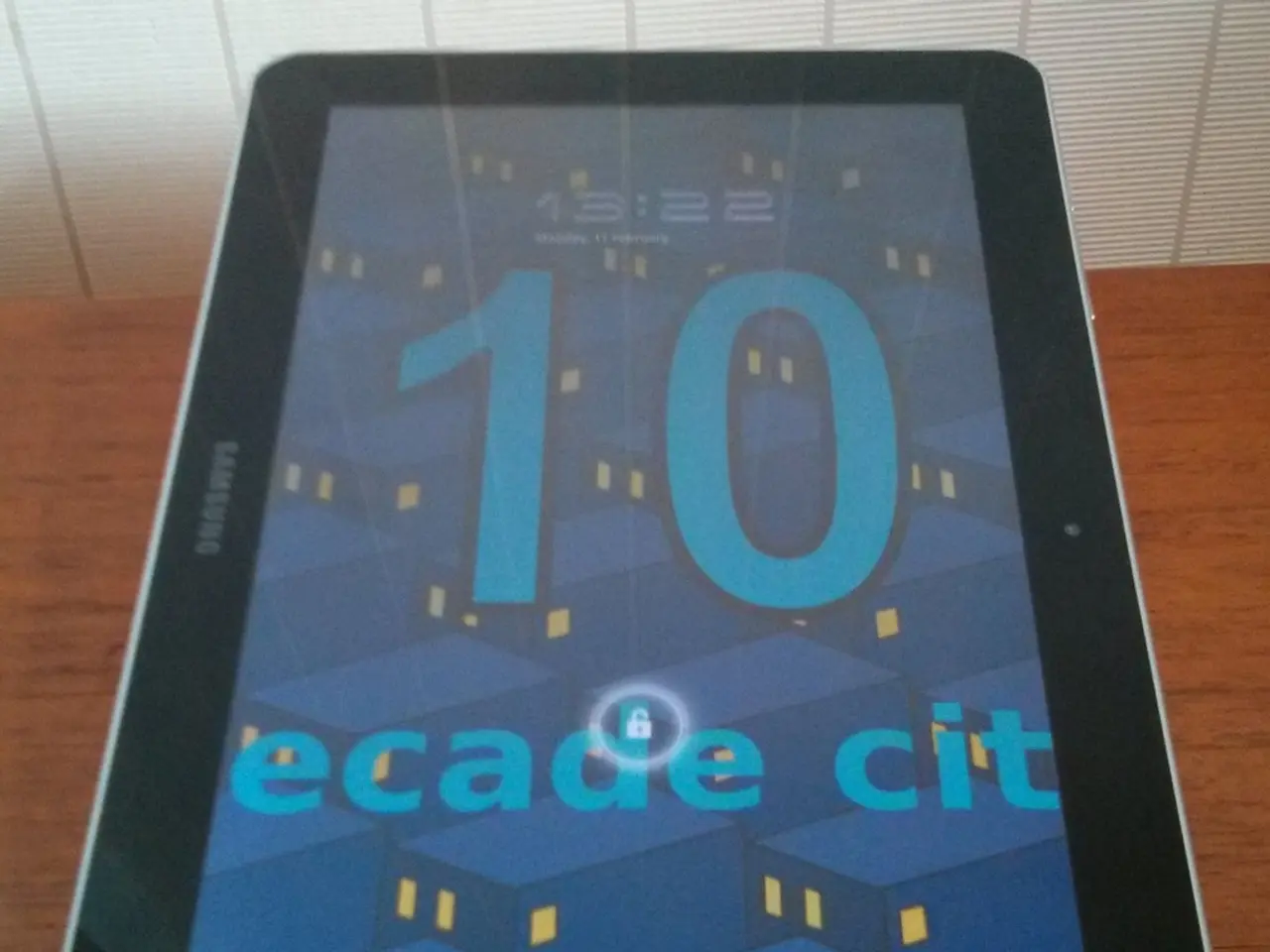Brain Health Assessment Through Reaction Time Evaluation • Results Disclosed on Our Research Platform
In a groundbreaking study, researchers have delved into the factors that impact visual reaction time (RT), a key marker of brain health. The study, which boasts a large and diverse participant pool, has been supported by various organisations including the UK Biobank, the Arizona Department of Health Services, and several renowned institutions.
The study found that higher levels of education are associated with faster visual reaction times. This correlation is believed to be linked to better cognitive reserve and faster processing speed, which generally improve reaction times and overall brain health. People with college degrees or in college have shorter reaction times than those who didn't finish high school.
Age also plays a significant role in visual reaction times. As age increases, reaction times tend to slow down. However, education reduces performance loss due to age for both men and women.
Other factors affecting reaction time include smoking, dizziness, number of daily prescription medications, family history of Alzheimer's disease, and handedness. Smokers have a 7 ms lengthened visual reaction time and an additional 0.57 ms increase per year. Dizziness was associated with a 5 ms longer visual reaction time, and more medications taken led to slower visual reaction times.
Interestingly, left-handed participants have a 4 ms shorter reaction time than right-handed participants, but this advantage fades after the age of 40. The study also found that a first-degree family history of Alzheimer's disease didn't have a strong impact on brain performance, neither did hypertension.
The researchers also assessed participants through a word pair memory test. They found that shorter visual reaction times and correct word pair association go hand in hand. Participants who reported a stroke had a 20 ms longer reaction time than those who did not. People with diabetes had an 11 ms longer RT than those who did not report this condition.
The study highlights the importance of maintaining good cardiovascular and neurological health to preserve cognitive processing speed and brain health with aging. Reducing cognitive decline due to age or disease can lead to benefits such as saving billions in healthcare costs, increasing caregivers' productivity, and improving the quality of life for the aging population.
Participating in the online scientific study can help contribute to scientific research and allow individuals to see if their brain remembers more, less, or the same as others their age. By understanding what impacts reaction time, we can work towards preserving and enhancing brain health.
Neurogenomics can offer insights into the genetic factors contributing to visual reaction times and cognitive healthspan, as the study found correlations between education, age, smoking, dizziness, medication usage, handedness, family history of Alzheimer's disease, diabetes, and stroke. Modern science, supported by various medical-conditions organizations and institutions, aims to use these findings to develop health-and-wellness strategies for preserving and enhancing brain health throughout the aging process.




